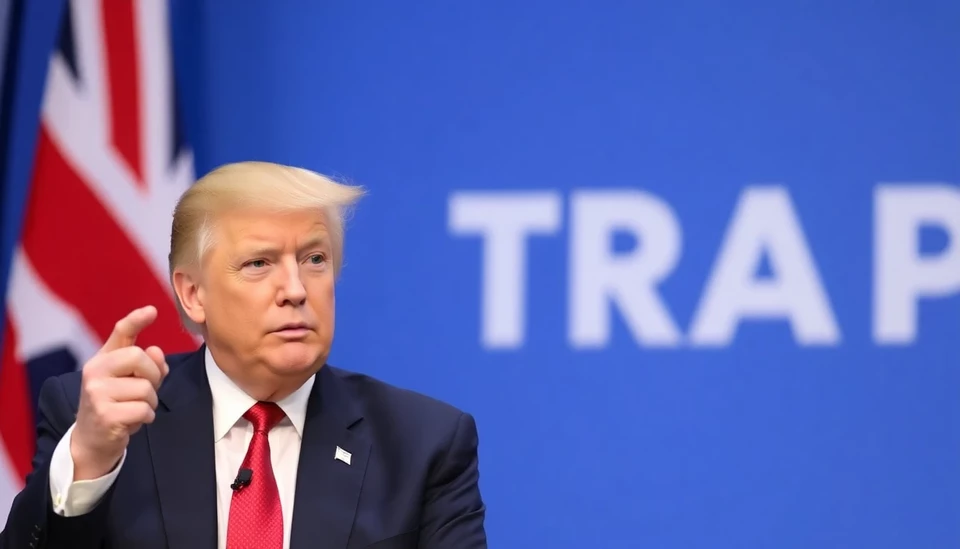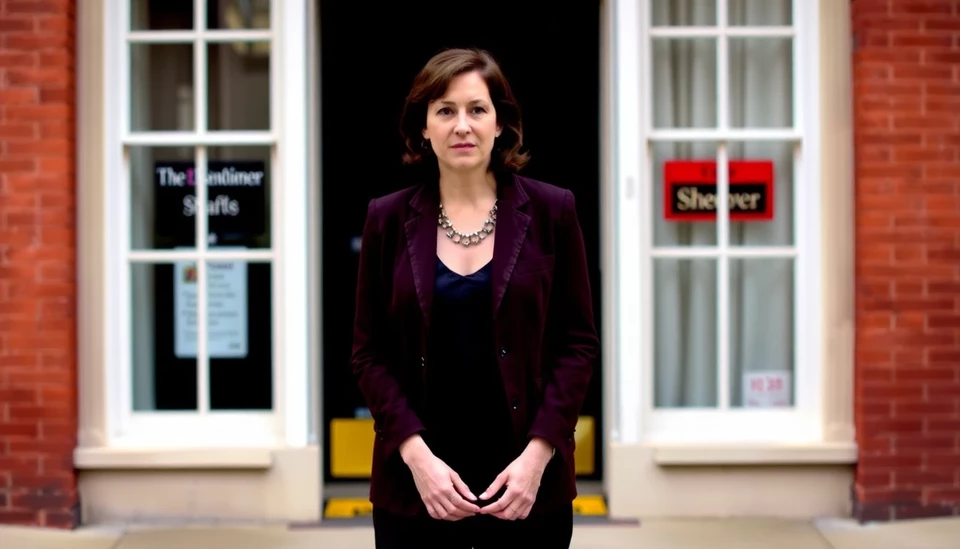
In a bold maneuver, Shadow Chancellor Rachel Reeves has breathed new life into the concept of a "big state" as the Labour Party gears up for the upcoming general election. With a focus on rebuilding Britain amidst an ailing economy and growing public discontent, Reeves has articulated a vision that emphasizes substantial governmental investment in public services, particularly in healthcare and education. This revival of the big state notion gears towards presenting a transformative approach that could resonate with voters seeking change in the current political landscape.
Reeves's strategic formulation indicates a deep acknowledgment of the challenges facing the UK. With the ongoing cost of living crisis and rising inflation, the Labour Party is positioning itself as a beacon of hope by promising to lift households out of economic distress. The emphasis on enhancing public services reveals a commitment to not only address immediate economic woes but to also instigate long-term structural reforms aimed at strengthening the United Kingdom's economic foundation.
In her latest speeches, Reeves has outlined extensive plans that include boosting investments in the National Health Service (NHS), enhancing access to education, and driving initiatives that support green technology and sustainable job creation. This multifaceted approach is designed to tackle urgent societal challenges while fostering a robust economy that can withstand future crises.
The idea of a big state carries historical weight in UK politics, often associated with the post-war consensus that saw significant government involvement in economic planning and public service provision. Reeves's resurrection of this concept seeks to challenge the prevailing narrative of austerity and limited government intervention that has characterized much of the recent political discourse in Britain.
Moreover, Reeves emphasizes the need for a government that works for everyone, not just the privileged few. She argues that investing in public services is not merely a cost but a crucial component of a thriving economy that benefits all citizens. The message resonates strongly amidst public sentiments that have shifted towards favoring more active governmental roles in addressing social and economic inequalities.
As the Labour Party prepares for the election, Reeves's strategy might be viewed as a concerted effort to redefine the party's identity in the eyes of the electorate. By embracing the concept of a big state, Labour aims to encapsulate a vision of progress, proactive governance, and social justice that seeks to attract voters disillusioned by years of austerity measures under previous Conservative administrations.
In conclusion, as the Labour Party repositions itself ahead of a pivotal election, Rachel Reeves’s revival of the big state encapsulates a forward-thinking agenda focused on economic renewal through comprehensive public investment. This approach not only addresses immediate concerns but also aims to reshape the future of governmental engagement in British society, laying down a marker for how Labour envisions rebuilding Britain in the coming years.
#LabourParty #RachelReeves #BigState #EconomicReform #PublicInvestment #NHS #UKPolitics #GeneralElection2024
Author: Laura Mitchell




